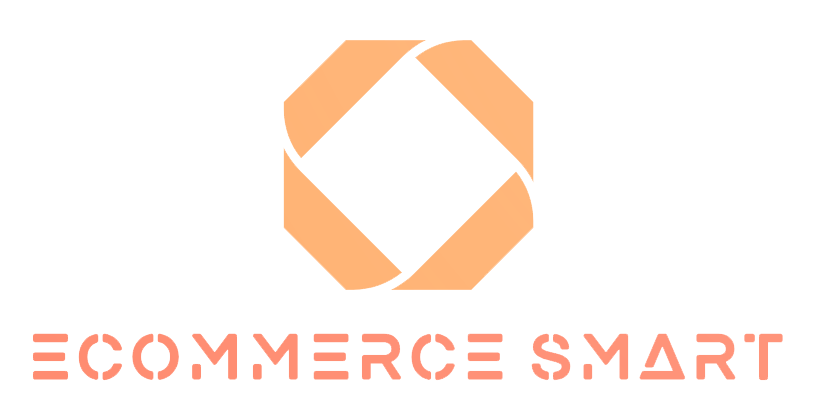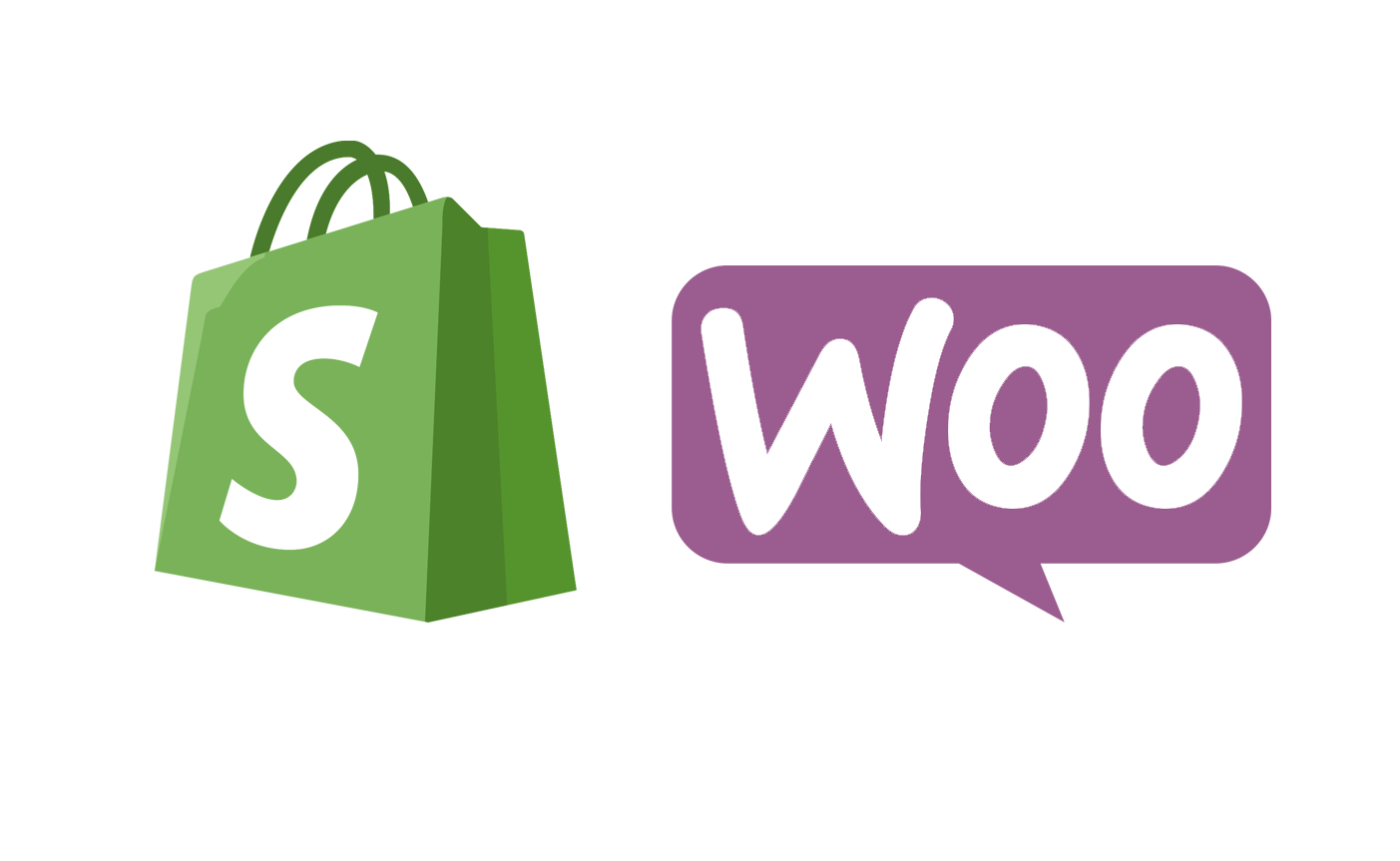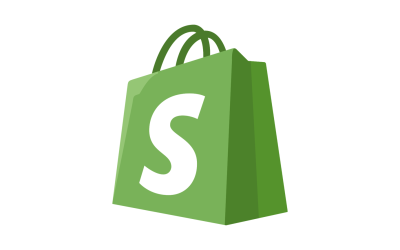Choosing the right ecommerce platform is one of the biggest decisions you’ll make as an online retailer. And while there’s no shortage of options out there, Shopify and WooCommerce remain two of the most dominant – and debated – choices for growing brands.
But when it comes to scaling your business, which one really gives you the edge?
In this article, we’ll break down the pros and cons of both platforms, go beyond the usual “plugin vs hosted” argument, and help you decide which one’s right for your next stage of growth.
Table of Contents for Shopify vs WooCommerce
The TL;DR: Hosted vs Open-Source
At a high level:
- Shopify is a hosted ecommerce platform. You pay a monthly fee, and they handle hosting, security, and updates.
- WooCommerce is a self-hosted plugin for WordPress. You have more control, but also more responsibility.
Both can work for scaling brands – but how they scale (and what that growth looks like) is very different.
Shopify: The Fast Lane for Scaling
Why Scaling Brands Love Shopify
- Speed to Market
You can launch (or relaunch) a polished store in days, not weeks. Templates, apps and built-in features keep the setup process slick. - Apps Built for Growth
Shopify’s App Store is packed with tools to help you scale – from upsells and cross-sells to loyalty, reviews, and advanced analytics. - Built-In Hosting & Performance
Shopify handles performance and hosting at scale – no need to worry about traffic spikes or server tweaks. - Multi-Channel Simplicity
Sell on Facebook, Instagram, TikTok and Amazon right from your Shopify dashboard. Shopify Plus makes it even easier for global expansion. - Shopify Checkout
Their default checkout is optimised like crazy – and you’ll need Shopify Plus to customise it deeply, but for most, it converts extremely well out of the box. - Less Technical Overhead
You don’t need a dev team on speed dial. Most growing brands can manage their day-to-day with a good Shopify consultant or agency.
→ Need help growing your store the smart way? Explore our Shopify Consultancy services.
Shopify Scaling Considerations
- App Costs Stack Up
You’ll pay monthly fees for every additional app – and at scale, that adds up. - Limited Flexibility
Unless you’re on Shopify Plus, customisation is more constrained than WooCommerce. - Platform Dependency
You’re renting space in Shopify’s world. They control the roadmap, infrastructure, and rules (including fees).
WooCommerce: Flexibility for the Ambitious
Why Scaling Brands Choose WooCommerce
- Full Customisation
If you’ve got complex products, logic, or customer flows – WooCommerce gives you the flexibility to build it exactly how you want. - Content + Commerce in One
WooCommerce lives in WordPress, which means best-in-class blogging, SEO control, and CMS flexibility baked in. - Lower Platform Costs
WooCommerce is free, and many essential features don’t carry monthly charges. You pay for hosting and plugins, but you’re not locked into a subscription model. - Ownership & Portability
You fully own your codebase, data, and infrastructure. You’re not locked into a closed platform or app store. - Developer Freedom
For businesses with in-house teams or agencies, WooCommerce can scale in highly tailored ways.
→ Want WooCommerce to work for your business (instead of the other way around)? Check out our WooCommerce Consultancy offering.
WooCommerce Scaling Considerations
- Hosting & Performance
You’re responsible for uptime, server optimisation, and site speed – unless you work with a specialist. - Maintenance Load
Themes, plugins, and Woo updates need regular care. One broken plugin update can bring a site down. - Needs More Technical Input
If you don’t have dev or technical marketing support, things can quickly get tricky at scale.
When to Choose Shopify
- You want speed, simplicity, and scalability out of the box
- You prefer a monthly fee to managing infrastructure
- You’re scaling into paid media, social commerce, and global channels
- You need to focus more on growth and less on technical overhead
- You’re investing in CRO, UX, and brand rather than backend complexity
→ Explore our Growth services to see how Shopify fits into a scalable acquisition strategy.
When to Choose WooCommerce
- You need deep custom functionality or complex product logic
- You want full control of your data, design and development
- Your content strategy is central to your ecommerce growth
- You have (or plan to hire) development support
- You’re comfortable managing or outsourcing hosting, caching, and performance tuning
→ Our Ecommerce Strategy work helps brands navigate platform decisions and long-term scalability.
Real Talk: Either Platform Can Scale – If It’s Set Up Right
At Ecommerce Smart, we’ve worked with scaling brands on both Shopify and WooCommerce. We’ve also helped businesses migrate from one to the other when the fit just wasn’t quite right.
It’s not always about features – it’s about alignment with your business model, team capacity, and growth goals.
In fact, some of our favourite projects involve getting under the hood of a site and figuring out how to make the existing tech stack work harder.
→ Interested in a platform audit or migration strategy? Let’s talk.
A Quick Comparison Table
| Feature | Shopify | WooCommerce |
|---|---|---|
| Hosting | Included | Self-hosted |
| Ease of Use | ⭐⭐⭐⭐ | ⭐⭐ |
| Flexibility | ⭐⭐ | ⭐⭐⭐⭐⭐ |
| Checkout | Optimised by default | Customisable with effort |
| Cost Control | Monthly fees + app costs | Variable plugin costs |
| SEO Control | Basic | Advanced |
| Ownership | Limited | Full |
Useful Resources
- WooCommerce vs Shopify: 2025 Comparison (Shopify Blog)
- WooCommerce Scaling Guide (WooCommerce Docs)
- Shopify Performance & Infrastructure Overview
Final Thought on Shopify vs WooCommerce
Both Shopify and WooCommerce are powerful platforms. There’s no universally right answer – only the right fit for your business.
If you’re scaling, the best platform is the one that gives you the control, flexibility, and support you need right now – with room to grow smartly in the future.
Want help deciding (or fixing what you’ve already got)?
Book a free discovery call and let’s get smart about your next move.









0 Comments